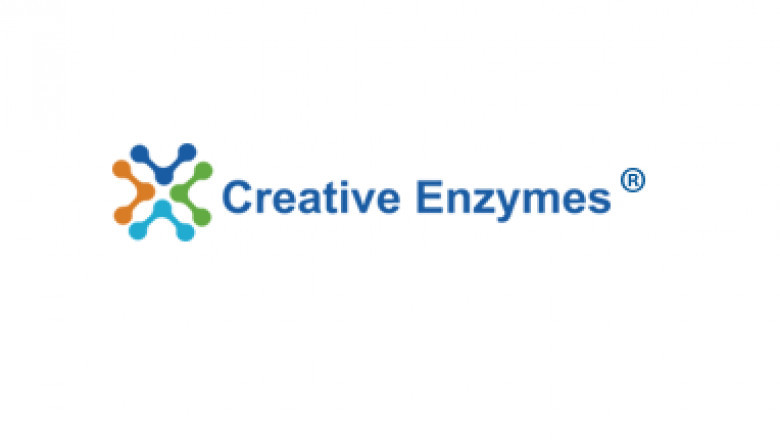views

Enzymes are proteins with catalytic functions produced by living cells, and they participate in various biochemical reactions in the body. Compared with traditional chemical methods such as acid processing of food, enzyme technology has displayed its unique charm. It overcomes harmful by-products generated in chemical methods, and provides healthier, environmentally friendly, safe and effective solutions for food processing. These characteristics have greater advantages than traditional chemical reactions. In the food industry, enzymes for food can replace many chemical agents, making production more natural and efficient.
Milk is the perfect food. Increasing milk intake is a good source to ensure adequate calcium intake. About 90% of adults in some countries have lactose intolerance, and eating low-lactose dairy products is one of the most effective ways to resolve lactose intolerance. Lactase from different sources has been developed to produce lactose-degraded dairy products. The method for treating milk with lactase is to mix lactase directly into pasteurized milk.
During storage, lactose can be converted into glucose and galactose due to hydrolysis. Manufacturing low-lactose hydrolyzed milk can improve milk flavor, sweetness and nutritional value; its application in fermented milk can speed up the reaction and improve fermentation efficiency, so that the mellow milk has a unique frankincense flavor, and relatively extends the shelf life of the product; It can be used in condensed milk to prevent lactose from crystallizing while condensing, making the product taste delicate and increasing sweetness, reducing the amount of sucrose and inhibiting bacteria to improve quality. The latest progress of enzyme technology in dairy research is as follows:
1. Modified degradation of lactose to prevent the occurrence of lactose intolerance.
Lactose is the main carbohydrate in milk, and it is also an important source of galactose for breastfeeding infants to ensure brain development. Lactose can promote the diffusion and transport of calcium and facilitate absorption, and it has an intestinal regulating effect. If it is not well degraded, a series of symptoms of lactose intolerance will occur. Patients with lactose intolerance cannot digest lactose in milk into glucose and galactose that can be directly absorbed by the body's blood. This is mainly because the intestinal mucosal cells of the body cannot produce enough lactase to break down lactose, so lactose intolerance is actually a lactase deficiency. Lactase deficiency is a widespread worldwide problem and is actually more common in Asians and Africans.
2. Hydrolyzed milk protein to prevent milk allergy reactions.
Milk protein allergy is a very serious problem for some specific groups, especially those with congenital allergies. The clinical symptoms are mainly angioedema, urticaria, atopic dermatitis, respiratory symptoms, acute abdominal pain, diarrhea, vomiting and allergic reactions. Lactin or casein, which is an allergen in some special populations, because of its immunogenic protein, can avoid the immunoglobulins present in intestinal mucosal epithelial cells. This triggers allergic reactions to milk in some infants and adults, causing symptoms such as rash and asthma.
With the screened protease, the peptides obtained by hydrolysis not only improve its digestibility, but also hydrolyze the fragment with the determinant site of the antigen, which significantly reduces its antigenicity, thereby preventing milk allergy. Compared with the free amino acid mixture, the milk protein enzymatic product has the advantages of good flavor, high absorption rate, and low osmotic pressure. Generally, the method of synergistic effect of enzymatic hydrolysis treatment and heat treatment or ultrafiltration treatment is used to prepare hypoallergenic casein and whey protein hydrolysates. Heat treatment has a slight effect on the immunogenicity of milk proteins, but heat treatment can affect the configuration of milk proteins, increase the chance of proteolytic enzymes contacting the substrate, and obtain hypoallergenic protein hydrolysates.












